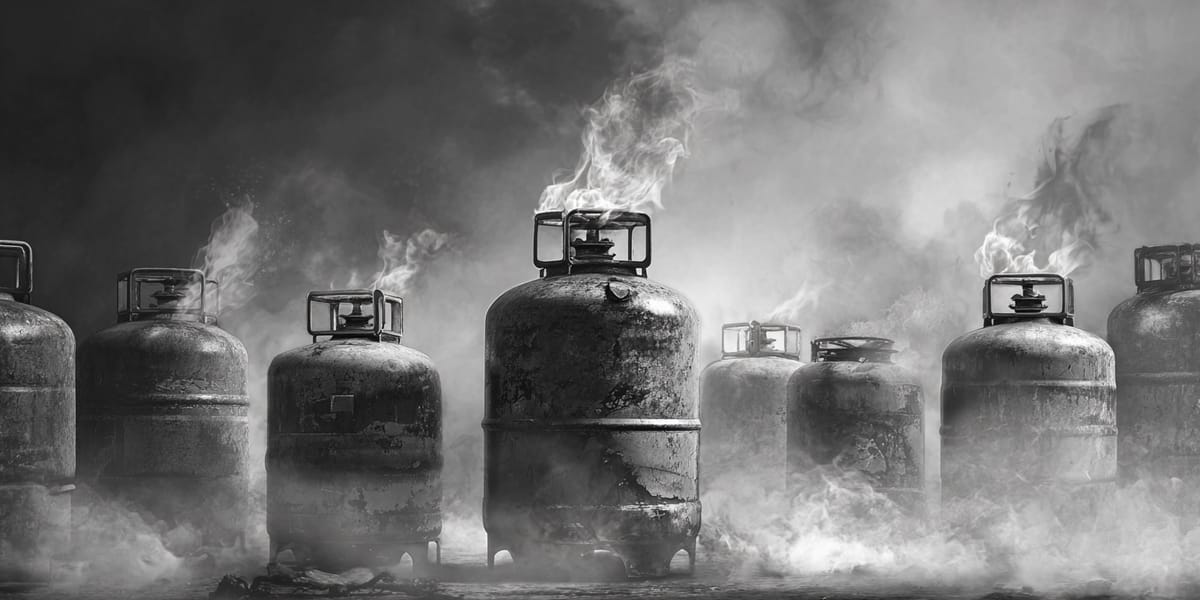Indian Oil Companies Sign Historic One Year LPG Deal with United States

According to Economic Times, Indian public sector oil companies have signed their first structured long-term contract to import liquefied petroleum gas from the United States. Union Minister for Petroleum and Natural Gas Hardeep Singh Puri announced the agreement on November 17, 2025. Indian Oil Corporation, Bharat Petroleum Corporation, and Hindustan Petroleum Corporation finalized a one-year deal to import 2.2 million tonnes per annum of LPG for the contract year 2026.
The volume represents approximately 10 percent of India's annual LPG imports. The LPG will be sourced from the US Gulf Coast and benchmarked to Mount Belvieu pricing. Teams from the three Indian companies visited the United States in recent months to hold discussions with major American producers.
Why This Matters
India imported 67 percent of its domestic LPG requirement in 2024, up from 47 percent in 2015, according to Drewry. The country has become the world's largest residential LPG market, with consumption reaching 28.5 million tonnes annually. Indian refineries are designed primarily for petrol and diesel production, which limits domestic LPG output and creates heavy reliance on imports.
The agreement provides India with a new supply source beyond its traditional Middle Eastern suppliers, who currently account for over 90 percent of imports. The government absorbed over 40,000 crore rupees in subsidies during the past year to shield consumers from global price volatility. Pradhan Mantri Ujjwala Yojana beneficiaries continued paying only 500 to 550 rupees per cylinder despite actual costs exceeding 1,100 rupees.
Industry Implications
AInvest reports that Chevron, Phillips 66, and TotalEnergies won the Indian tender. US LPG exports surged 22 percent in the first eight months of 2025, reaching 69 million tonnes. The United States accounts for 43 percent of all global LPG exports and produced 111 million tonnes in 2024.
The India-US agreement reflects a shift in global trade patterns. China reduced US LPG imports due to tariff tensions, which prompted American suppliers to seek alternative Asian markets. India's decision to diversify away from Middle Eastern sources aligns with broader energy security goals. The Mount Belvieu benchmark pricing may offer cost advantages compared to Saudi Arabia's Contract Price system.
Transportation logistics will change as US LPG requires longer shipping routes than Middle Eastern supplies. Very large gas carriers will increasingly serve India-US routes, which affects global shipping capacity allocation. The propane-butane composition in US cargoes differs from Middle Eastern supplies, requiring adjustments in India's blending infrastructure.
Further Reading
For deeper insights into how countries structure their energy import relationships and manage supply diversification strategies, our Alternative Financial Systems Index tracks regulatory frameworks and adoption metrics across 50 countries. The index provides comparative data on how nations balance domestic production with international trade partnerships.




